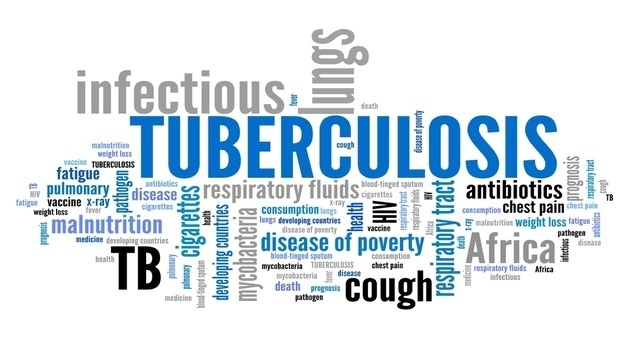Tuberculosis (TB) is a common respiratory disease that affects the human lungs. Infectious in nature, it affects nearly 40% of the Indian population. In certain cases, a person infected with tuberculosis, may not showcase active symptoms. Babies, preschoolers, and elders are at a higher risk of the disease due to a weaker immune system.
What Are The Common Causes Of Tuberculosis?
-TB is caused by the bacterium Mycobacterium tuberculosis. The bacteria can spread across from the infected person to a healthy one through mucus droplets released during sneezing and coughing. can release the bacteria into the air through tiny mucus droplets and surrounding people can get this infection too.
-People with a weaker immune system are at a higher risk of suffering from an active infection such as people suffering from:
-HIV or AIDS
-Diabetes
-Malnutrition
-Chronic kidney disease
-Pregnancy
-Persons on long-term use of steroids, or who have undergone radiotherapy and health care workers working with TB patients are also more prone to an active infection.
How Would You Know If You Have Tuberculosis?
A person may be infected with the bacteria yet may not show symptoms as symptoms appear only when the immunity weakens and the infection becomes active. Some of the common symptoms include:
-A cough lasting over 2-3 weeks
-Unexplained weight loss
-Exhaustion
-Fever (especially in the evening)
-Night sweats
-Chills
-Chest pain
-Shortness of breathLoss of appetite
-Loss of appetite
Additional symptoms may appear depending upon the where the disease has spread beyond the lungs and chest.
How Can You Manage Tuberculosis?
Here are few practical ways that can help you manage Tuberculosis:
1 . Consult A Doctor
-Make sure you consult a doctor for the accurate diagnosis and treatment at the earliest. You shall be suggested to take antibiotics for a period of 6 to 9 months to treat the infection.
-The aim of early treatment is to prevent the spread of this infection. However, it is vital to follow the entire treatment till completion.
2 . Eat A Healthy and Balanced Diet
-Include foods that are rich in proteins and have adequate calories to maintain a healthy weight. To increase the calorie intake, add protein shakes to your daily diet.
-To strengthen your immune system, include citrus fruits, red bell peppers, broccoli, garlic and ginger to your daily diet.
3 . Ensure Hydration
-Make sure you drink enough water and other healthy drinks and maintain the optimum hydration levels.
Drink at least 5-6 litres of water each day. This will help to flush out the toxic wastes of strong anti-TB medications from the body.
Things To Keep In Mind
-Keep your house well ventilated. Fresh air and adequate sunlight helps in a speedy recovery and will help to keep the bacteria away.
-Do not go to work or school especially in the first 1-2 weeks of being diagnosed with TB. This shall help to keep away any further weakness and infection.
-Cover your mouth and nose especially when you sneeze or cough.
